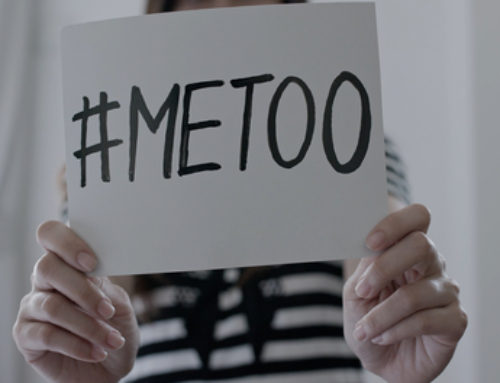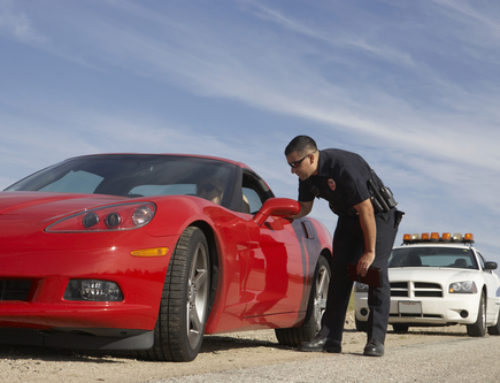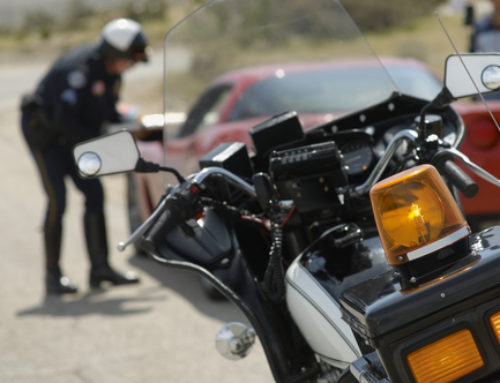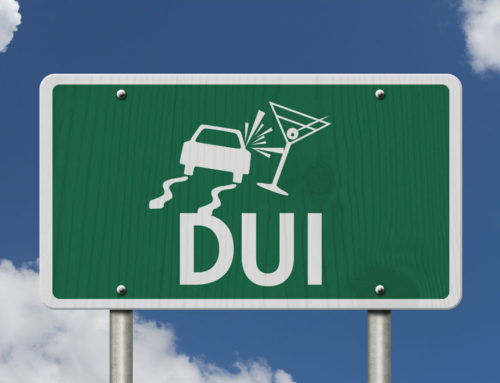You’ve been arrested in Palm Beach County, Florida. The police bring you in front of a judge to decide whether you will be held in jail pending the resolution of the criminal charges against you or not. But how does the judge make that decision and what considerations go into the judge’s decision? What options does the judge have? Will your family have to take out a second mortgage to get you out of prison pending the disposition of the criminal charges against you? What is bail anyway? Bail is a system that remains shrouded in mystery for many Floridians, but it is an integral part of the criminal justice system.
What is Bail?
Bail is an often-misunderstood concept. Bail originally developed to ensure that those who were charged with a crime actually showed up to the court proceedings in their cases. Pursuant to Florida Statutes Section 903.046, “The purpose of a bail determination in criminal proceedings is to ensure the appearance of the criminal defendant at subsequent proceedings and to protect the community against unreasonable danger from the criminal defendant.” Bail determinations in Florida, like in most states, are made by a judge, who is required to weigh several factors in determining whether a criminal defendant should be subject to bail.
Those factors include, but are not limited to, the nature and circumstances of the offense the criminal defendant is charged with; the evidence of the defendant’s guilt, the criminal defendant’s family ties, length of residence in the particular community in which he or she was arrested; employment history, financial resources, mental condition; past and present conduct, including any previous criminal convictions, attempt to flee to avoid prosecution or failure to appear at court proceedings; and the nature and probability of danger which the defendant’s pretrial release poses to the community. None of these factors individually control the judge’s decision but instead are to be considered in combination by the judge in determining whether and how much bail is required for a particular criminal defendant.
How Do Bail Bonds Work in Florida?
If you get arrested in Florida, you will then appear before a judge who will determine whether or not you will be allowed to get out of jail until your trial based on the above factors. Sometimes, criminal defendants are released on their own recognizance, meaning your promise to appear for trial and all other court proceedings in your case. However, it is rare that defendants are released on their own recognizance; instead, most criminal defendants are instead released on bail of some amount.
On the flip side, only those charged with the most serious crimes will be denied bail altogether. The judge will decide what level of bail it will take to ensure you show up for your trial and do not attempt to disappear. Assume for purposes of a hypothetical that your crime is a relatively minor offense, and your bail is set at $10,000. If you happen to have $10,000, you can pay the entire amount to the court and then you are released. When you show up for trial, the $10,000 normally will be returned to you in full.
If you do not have the required $10,000 bail, then you can call a bail bondsman to pay the required bail for you and guarantee that you will show up for trial and further proceedings in your case. You are required by Florida law to pay the bail bondsman 10% of the bond, or $1,000 in this scenario. The bail bondsman cannot charge any more or any less than 10%; this amount is set by statute. In addition, the criminal defendant him or herself is not necessarily required to post the required 10% bond, but a family member, friend or loved one can post the bond for the criminal defendant. However, if you post a bond or provide collateral for your loved one’s release on bail, you may be held responsible if he or she does not show up in court. Therefore, doing so can have consequences for another person.
The Consequences of Skipping Bail
If you posted bond yourself and do not appear for trial, you will forfeit the entire amount of bond that you posted. However, since most people utilize a bail bondsman, the bondsman would forfeit the $10,000 that the bail bondsman put up on the criminal defendant’s behalf. However, if you choose to use a bail bondsman and do not show up to court, then you could also be subject to the bondsman attempting to track you down and haul you back to court. A bondsman obviously does not want to be on the hook for you skipping bail and choosing not to attend trial, therefore costing the bondsman a large sum of money.
Contact Experienced West Palm Beach Criminal Defense Attorney Bryan Raymond if You Have Been Arrested in Palm Beach County, Florida
Experienced West Palm Beach defense attorney Bryan M. Raymond of the Law Office of Bryan Raymond has represented numerous individuals who have been charged with a wide variety of crimes in Palm Beach County. If you have been arrested in Palm Beach County and need an experienced criminal defense attorney to help you navigate the criminal justice system, from the bail hearing until trial, contact Bryan today and he will guide you through the process. If you’ve been arrested for or charged with a crime in Palm Beach County, contact experienced criminal defense attorney Bryan Raymond today at (561) 682-1115 or [email protected].
Copyright: bburgess / 123RF Stock Photo






